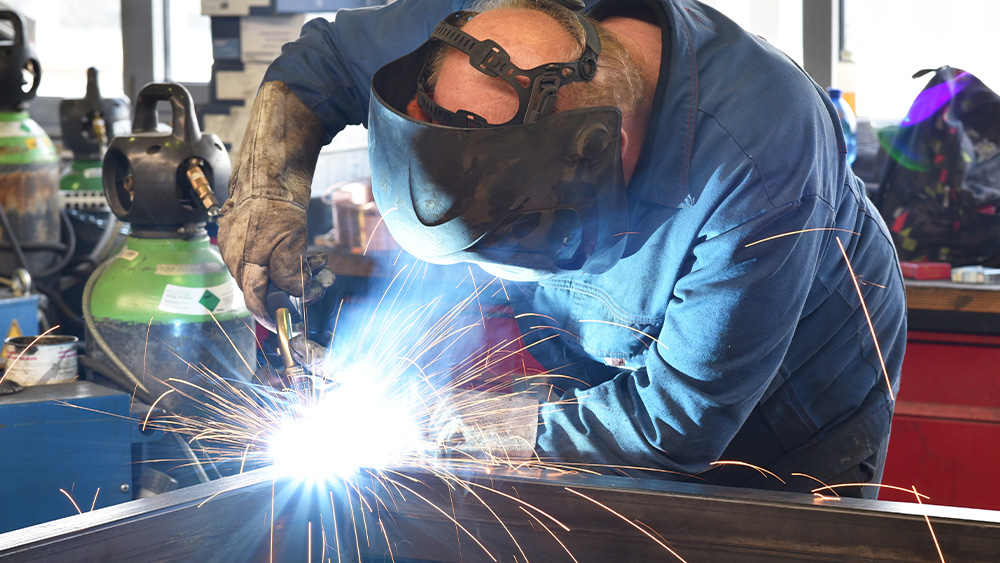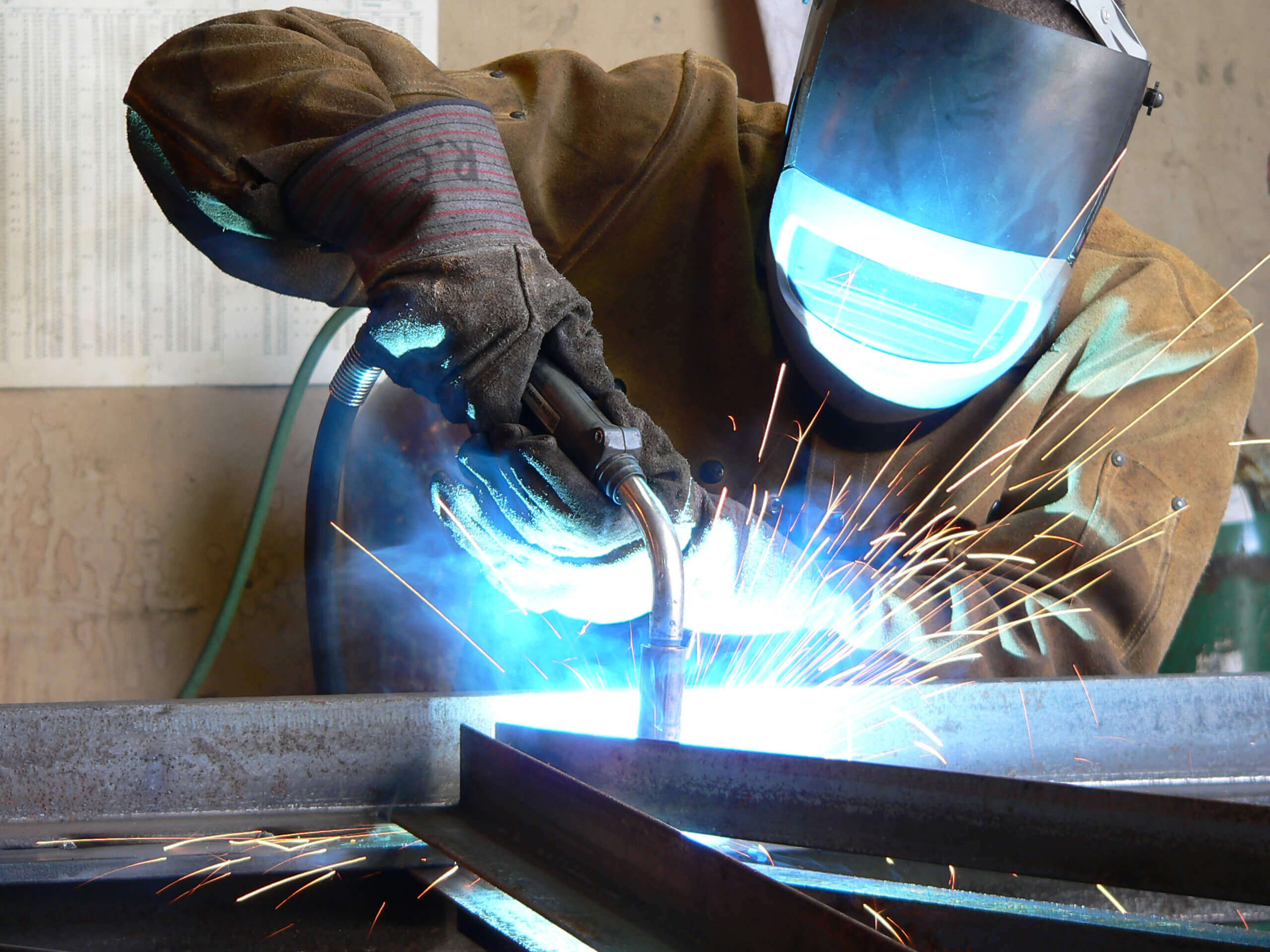Tips for Welding Cylinder Safety


The British Compressed Gases Association (BCGA) publishes a comprehensive set of over 100 codes of practice, guidance notes, and technical information sheets on their website, but not all of these apply to welding. So, we've compiled the pertinent safety practices that all welding operations should be following to ensure the wellbeing of the workforce.
1. Preparation
Several hazards present themselves as soon as your business takes delivery of gas cylinders. By far the easiest way to ensure safety is to put in place detailed training and provide frequent refresher sessions to ensure information is well understood and updated as required. Make sure all relevant employees know exactly what they'll be handling and how best to do so. Start by obtaining the following cylinder information as a minimum:
Having this information to hand before the delivery takes place ensures that the job of handling cylinders will be conducted safely and quickly. Remember that the minimum Personal Protective Equipment (PPE) requirements for handling gas cylinders are protective gloves, safety shoes (boots with metatarsal protection are strongly recommended), and safety glasses – all of these items should be well fitting, in good working order and kept free of oil and grease.
2. Risk Assessment
Heavy lifting of any description carries a serious risk of injury. Research shows that those handling gas cylinders, in particular, are at risk. Again, training is key.
It's important to minimise the possibility of injury by properly assessing risks such as twisting, large vertical movements, or carrying over long distances. Proper handling techniques are crucial: never hold loads away from the body and avoid repetitive handling without sufficient rest and recovery.
Don't forget to consider your environment: A survey of gas cylinder handlers in 2017 found that slip and trip hazards were one of the main causes of injuries in handling cylinders. Consider floor surfaces, doorways, and other obstructions; as well as changes in temperature, lighting, or noise levels which could affect vigilance.
3. Cylinder Handling Tips
In a fabrication workshop, cylinder handling can be a frequent activity. Ensure that all applicable employees adhere to these rules when handling welding gas cylinders:
Never modify, adapt or repair any aspect of the cylinder. Avoid all damage to cylinders. Should cylinders become damaged they should be labelled and stored in a safe, isolated location. Notify your gas cylinder supplier so that they can make adequate preparations for collection.
For safe cylinder storage the following rules need to be adhered to:
Following the BCGA's advice, it's important to maintain minimum separation distances between gas cylinders, measured from the boundary of each cylinder store, or the surface of a cylinder itself.
Most inert gas cylinders or cylinder stores should be kept at least 1m away from other structures and equipment, while flammable gas cylinders or cylinder stores have a minimum separation distance of 3m. Extra distance should be put between flammable gas cylinders and oxidant cryogenic tanks (at least 5m, 8m for tanks over 2000L). These distances are dependent on many factors, and the full specification can be found in the BCGA Codes of Practice 44.4 To allow ease of access, a walkway of a least half a meter should be made between every six rows of cylinders.
Air Products offer a comprehensive and cost-effective online safety training course. The simple course is split into 11 core modules, lasts approximately 90 minutes and can be stopped and re-started at any time. The course is accessible from all devices with individual or group management options and payable via a credit card. On successful completion, respondents will receive a certificate of learning.
Contact us on 0800 389 0202 for further information or click here to book.

An industry leading comprehensive guide to gas shielded arc welding and oxy-fuel cutting.